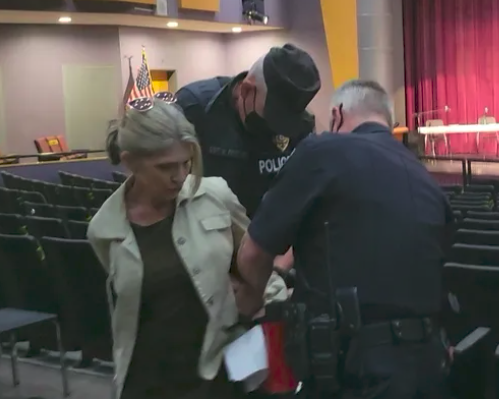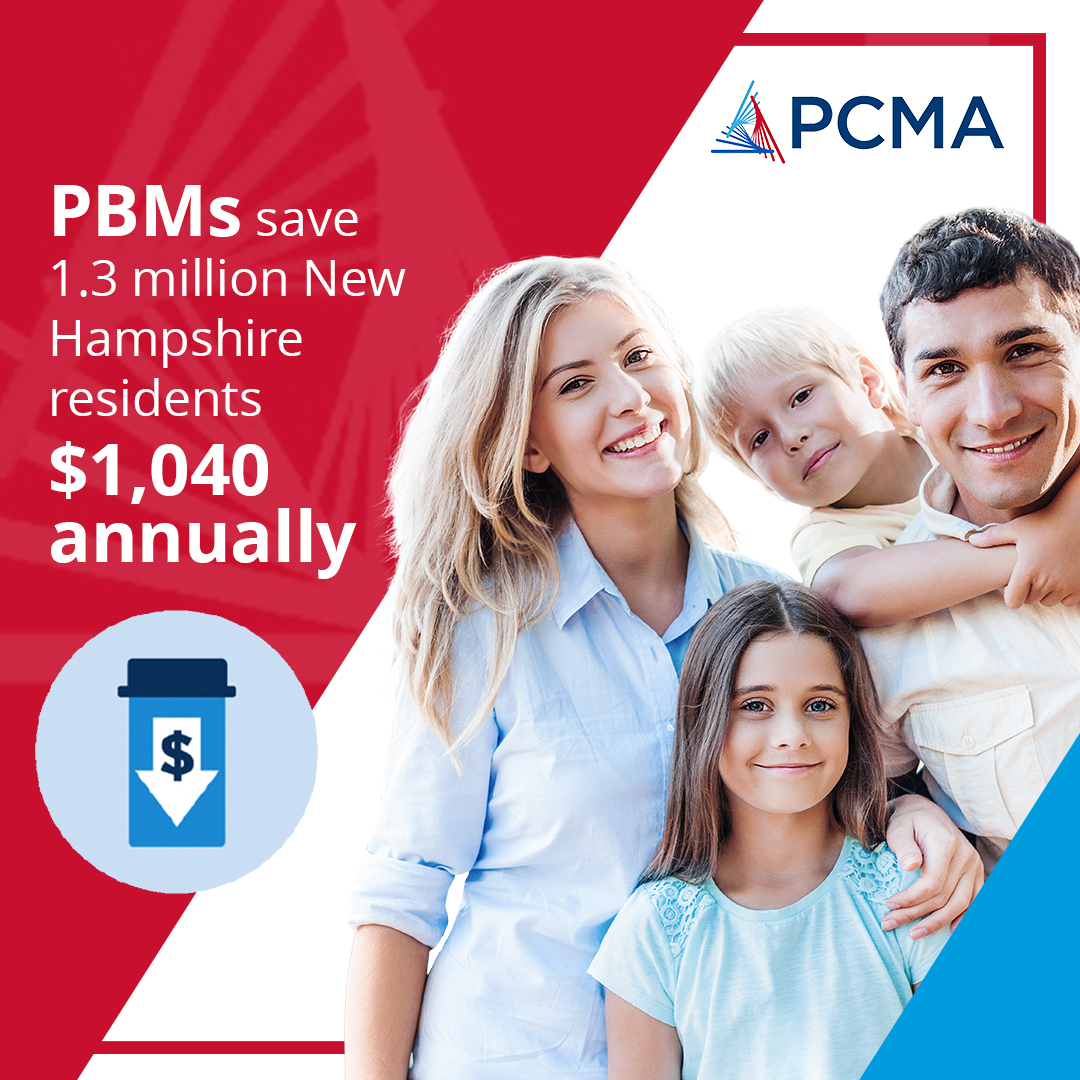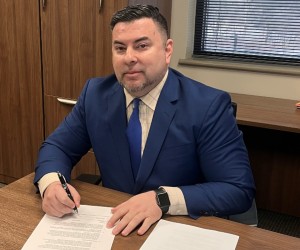NH Supreme Court Upholds Conviction of Kingston Woman Who Violated Mask Mandate

Kathy Bossi doesn’t think refusing to wear a face mask at a public meeting is a crime. But New Hampshire’s Supreme Court upheld her trespassing conviction anyway.
The Kingston grandmother and Sunday school teacher lost her appeal when the state Supreme Court ruled late last week that she was, in fact, guilty of trespass at a school board meeting when she protested a mask mandate.
Bossi was arrested at a May 2021 Timberlane Regional School Board meeting when she refused to put on a surgical face mask, which the school required as part of its response to the COVID-19 pandemic raging at the time.
Mask mandates became a cultural hot button as parents across the country responded with protests. The video of police officers pulling the handcuffed Bossi out of the Timberlane High School auditorium went viral.
In her appeal, Bossi argued refusing to wear a mask isn’t a crime, and she cannot be criminally charged for not being masked. The court ruled, however, that Bossi was convicted for entering a space without privilege or license and not for mask refusal.
“The defendant also argues that the case should have been dismissed because ‘[r]efusing to wear a surgical mask as a condition for attending a public meeting at Timberlane Regional School Board is not a crime.’ The school board did condition the license or privilege to enter the auditorium on wearing a mask, and it authorized the Plaistow Police Department to enforce the policy. Because the defendant entered the auditorium without license or privilege, she was arrested for criminal trespass,” the court ruled.
Bossi was part of a group of Timberlane parents protesting the district’s in-school masking policy. When she refused to put on a mask in order to get into the auditorium, she was arrested.
“You are violating my rights right now,” Bossi told police in the video. “Are you seriously doing this, you guys?”
School Board Chair Katie Knutsen did not respond to NHJournal’s request for comment.
The school district had enacted a policy that everyone entering school buildings was required to wear face masks, including the auditorium where board meetings were held. The school board posted signs outside the meeting that said face masks were required, and the face mask requirement was noticed in the meeting agenda.
Bossi and a few other protesters pushed past police officers with signs to get into the auditorium before they were stopped. According to court records, officers had spoken to Bossi and the mask requirement and told her she could not enter the meeting without a mask.
Bossi reportedly told police she was going to get into the auditorium without a mask, and they could not stop her. While she did manage to get into the meeting, she was soon arrested. Bossi reportedly refused to give police her name when she was first taken into custody.
The in-person meeting was canceled shortly after Bossi’s arrest, and the board met via Zoom.
Bossi was convicted on the misdemeanor criminal trespassing charge in Salem District Court. One count of disorderly conduct was conditionally dismissed until Bossi’s appeal was heard and decided.
Bossi represented herself in the appeal and argued that refusing to comply with a mask mandate does not rise to the level of being a crime and that she had every right to be in the public building during a public meeting.
Bossi did not respond to NHJournal’s request for comment.
Part of Bossi’s argument rests on her theory that police officers did not have the right to enforce a mask mandate. However, the court found police were at the meeting by request of the school board. The board was concerned about anti-mask protesters causing a disturbance and asked officers to keep the peace.
Public health authorities, including former White House chief medical advisor Dr. Anthony Fauci, have since acknowledged a lack of data supporting mask mandates as an effective response to the pandemic.
Earlier this month, Fauci admitted the six-foot rule used to keep classrooms closed during the pandemic was not based on science or data but rather “sort of just appeared.”






